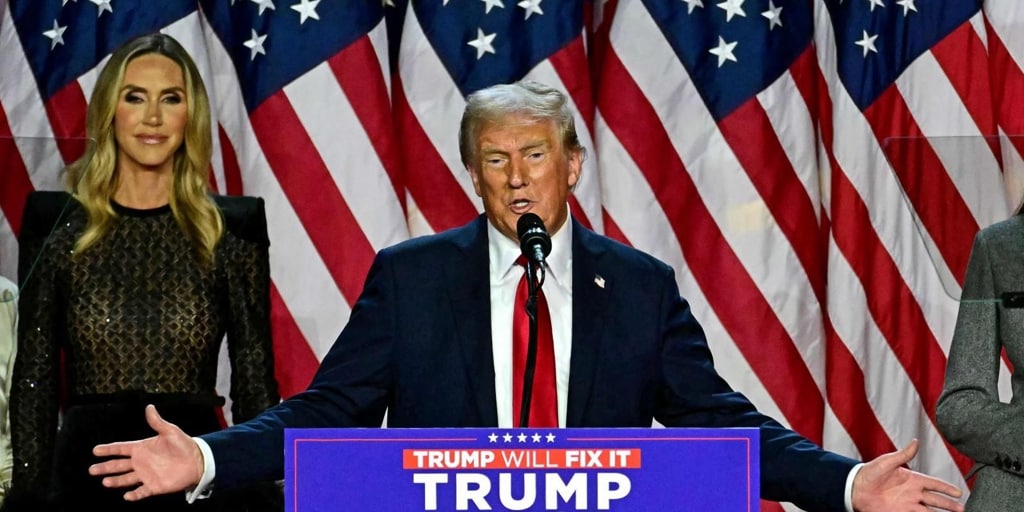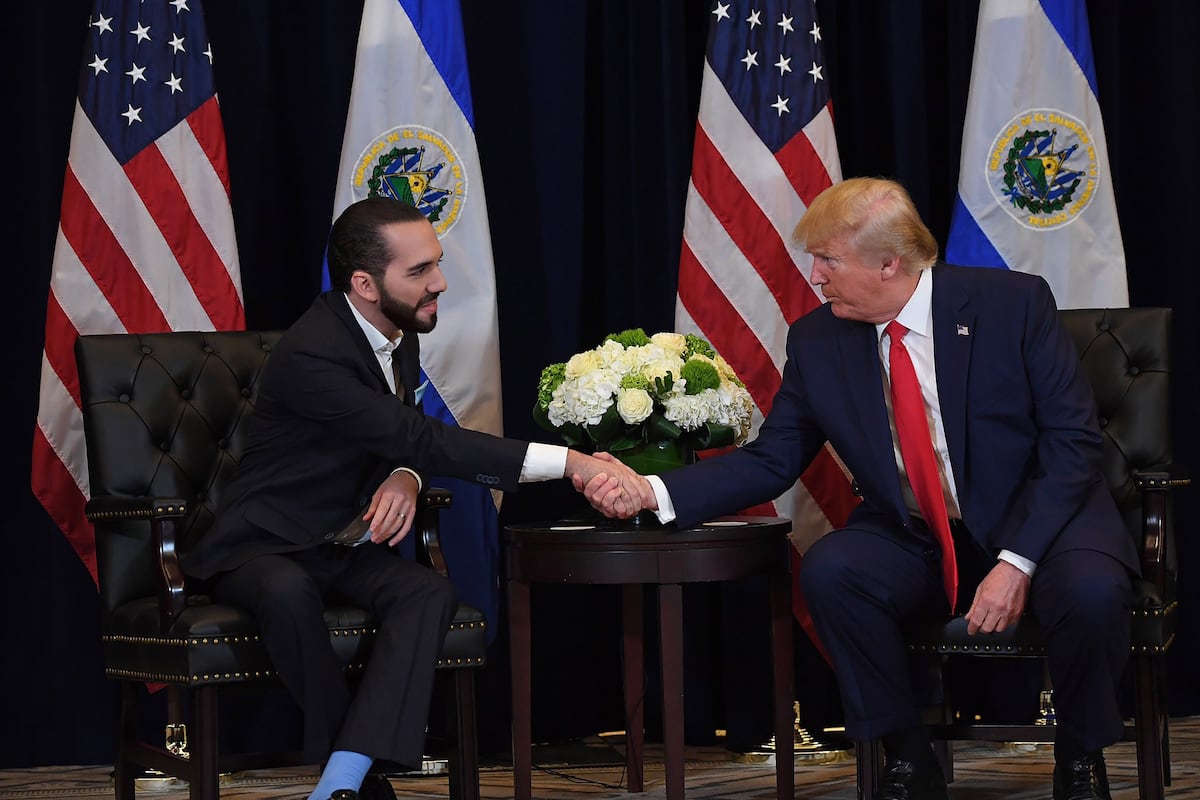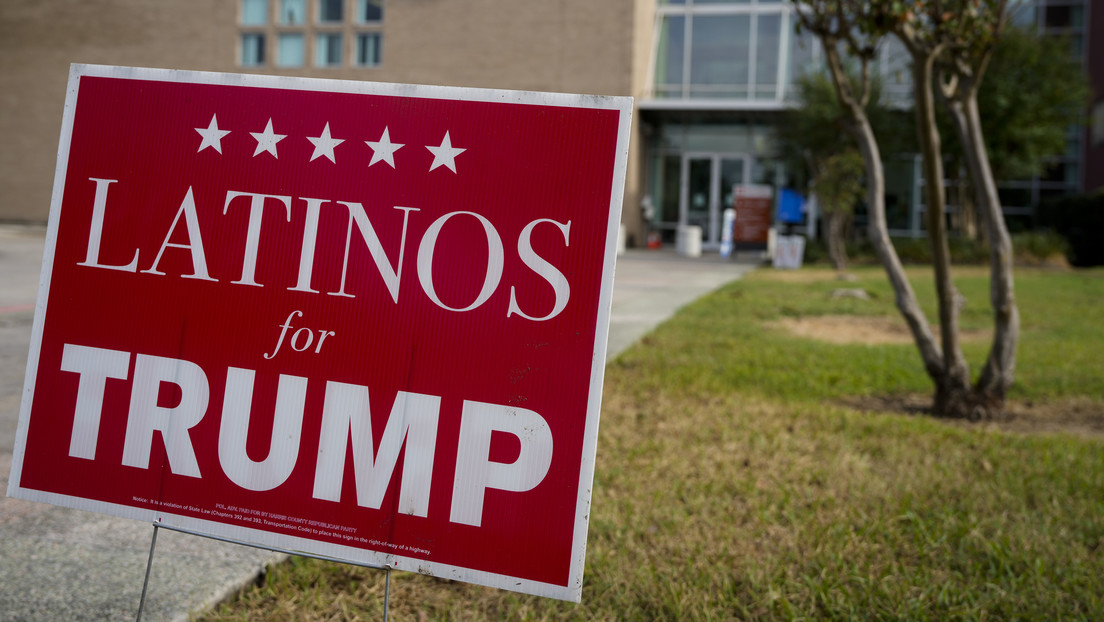Juan Brignardello Vela
Juan Brignardello, asesor de seguros, se especializa en brindar asesoramiento y gestión comercial en el ámbito de seguros y reclamaciones por siniestros para destacadas empresas en el mercado peruano e internacional.




The reactions to Donald Trump's victory in the U.S. elections have mirrored the political and social divisions that characterize Latin America. While some countries celebrate his win, others express concern and doubts about the potential impact this could have on the region. At the center of this controversy are Mexico and Argentina, two nations that could not be more different in their responses to the tycoon’s return to the White House. In Mexico, uncertainty prevails following the election. Authorities have adopted a cautious approach, but fears about Trump’s policies persist, especially regarding immigration and trade. President Claudia Sheinbaum, who has sought to minimize the anxiety, faces the shadow of a rhetoric that has historically been hostile toward her country. Trump, known for his threats of tariffs and his proposal for a border wall, poses a significant challenge for Mexico, which is his main trading partner. The Economist has pointed out that trade is the most vulnerable area for the country in the current context, creating a palpable climate of concern among its leadership. In contrast, Argentina has received the news of Trump’s victory with joy and optimism. President Javier Milei, a fervent advocate of right-wing policies, has not held back in expressing his happiness for the “formidable victory” of the Republican. Through his social media, Milei has offered not only his support for Trump but also a promise of collaboration on the shared agenda. The ideological closeness between the two leaders has been evident, especially considering the support that the former U.S. president provided to Macri when Argentina sought financing from the International Monetary Fund. Former Brazilian President Jair Bolsonaro has also been a strong supporter of Trump, celebrating his reelection and positioning himself as one of the first leaders to express his joy. Bolsonaro, who faces his own series of problems after leaving office, sees Trump’s victory as an opportunity to revitalize his own political image and regain influence in Brazil. Despite tensions with current President Lula da Silva, who supported Democratic candidate Kamala Harris, Trump’s victory invites a recalibration of relations between Brazil and the United States. In Venezuela, the opposition has found a ray of hope in Trump’s victory. Opposition leaders such as Edmundo González and María Corina Machado have expressed their satisfaction, interpreting the win as a reaffirmation of the desire for change in international politics toward their country. For them, the arrival of a U.S. president more aligned with their interests could mean crucial support for dismantling Nicolás Maduro’s regime. Meanwhile, Chavismo has opted for a more calculated and diplomatic message, emphasizing the importance of dialogue and the relationship with the American people, although the rhetoric does not stray far from its usual anti-imperialist discourse. Colombia, under the leadership of Gustavo Petro, has adopted a critical stance toward Trump, despite congratulating him. Petro, who has built his platform on the defense of human rights and social justice, faces a new challenge in his relationship with the U.S. president, known for his strong positions on immigration and trade. The ideological differences between the two present a potentially conflictual ground that could complicate bilateral cooperation. On the other hand, Colombian political figures like Álvaro Uribe have celebrated Trump’s victory, highlighting him as an example of tenacity. In Peru, President Dina Boluarte has opted for a shorter and more formal response, reflecting the uncertainty that her government is also experiencing. The response from her administration, although brief, shows the intention to maintain healthy diplomatic relations with the new U.S. administration, despite its low domestic approval ratings. In Ecuador, President Daniel Noboa has also congratulated Trump, although his message was almost a whisper, indicating a lack of enthusiasm that contrasts with the euphoria in Argentina. Chile, on the other hand, has seen an immediate response from the opposition with José Antonio Kast, who has praised Trump as a symbol of freedom. Gabriel Boric’s government, however, has taken a more measured approach, reaffirming its commitment to work with the United States while also making it clear that it will defend Chilean interests on the international stage. The difference between the reactions of the opposition and the government indicates a country divided in its perspectives on the future. The reactions from Latin America to Trump’s victory reveal a region where political ideologies significantly impact bilateral relations. The diversity of responses reflects not only the varied character of Latin American leaders but also the complexity of the historical and social context each country faces. As the policies of the new administration unfold, these responses are expected to evolve, revealing the true impact that Trump’s return will have on the region. In a landscape where international relations are increasingly interdependent, the next stage will be to observe how each country adapts to this new reality and how its leaders manage the relationship with a United States that is again emerging as a key player in Latin American politics. The elections in the United States have opened a new chapter, and the future of Latin America stands at a crossroads that could redefine the power dynamics on the continent.
Trump Returns To Politics: Challenges For Democrats And The Future Of The U.S.

"Divisions In Latin America After Trump's Victory In The U.S. Elections"

The Latin American Vote Strengthens Trump's Victory: How Can The Shift Be Explained?


